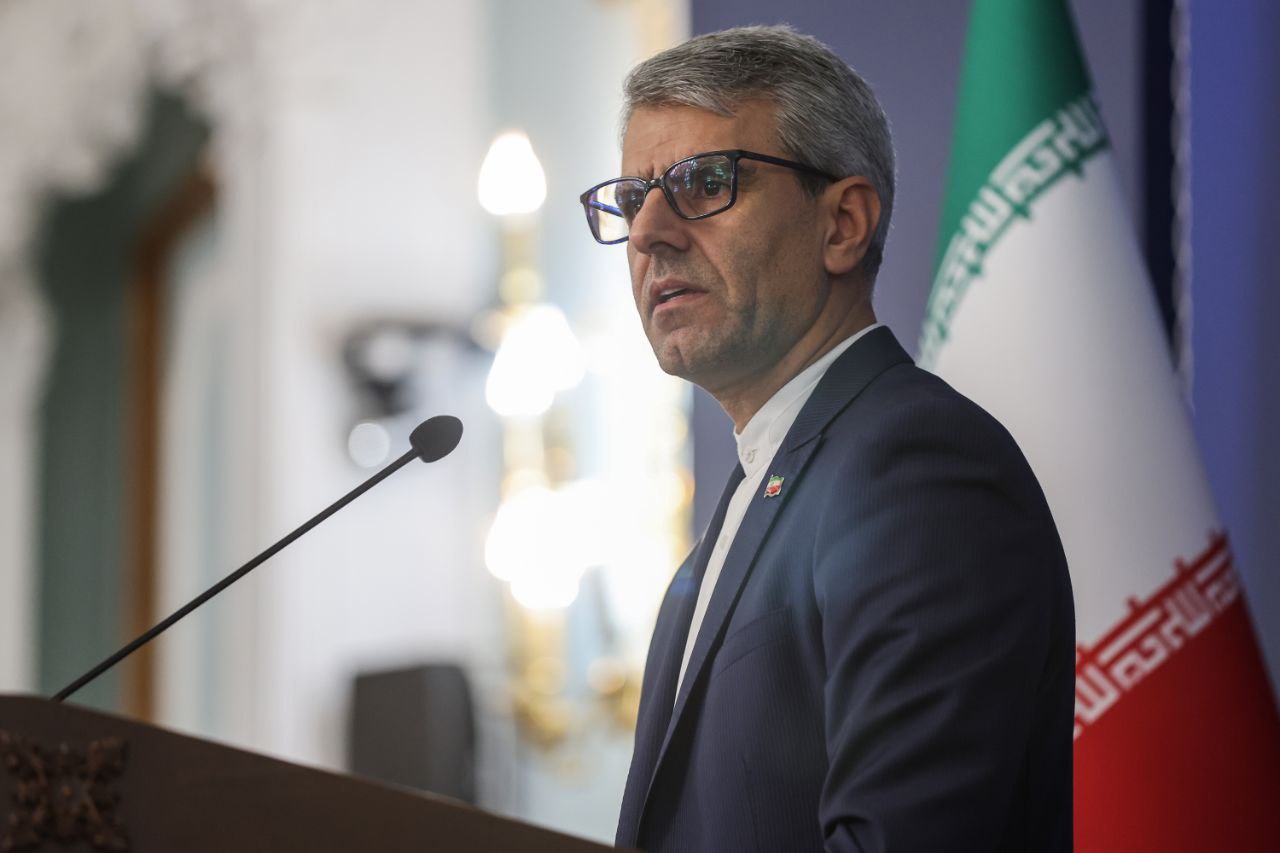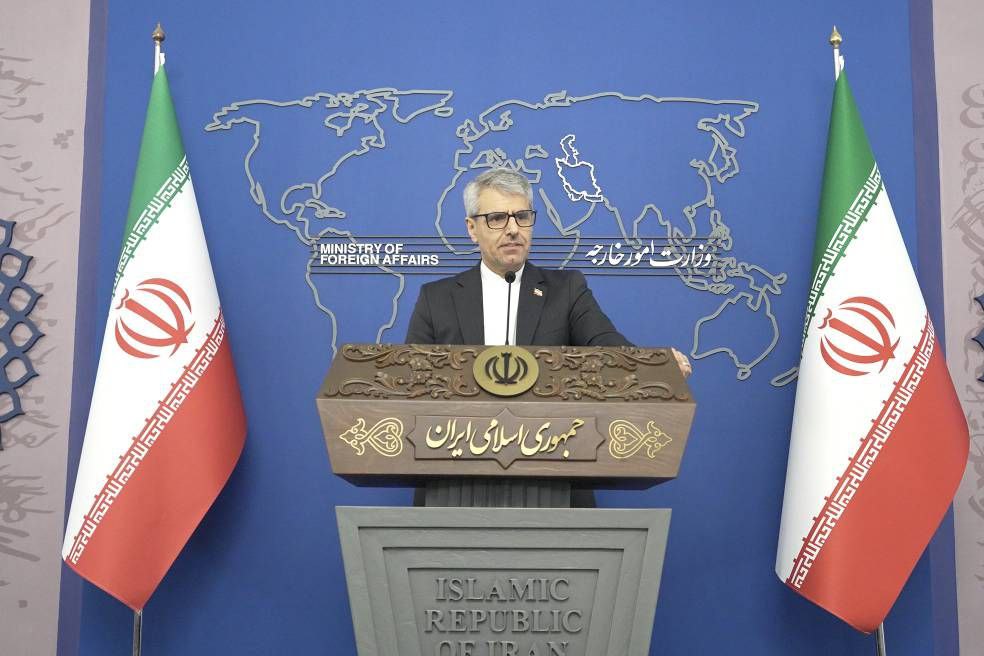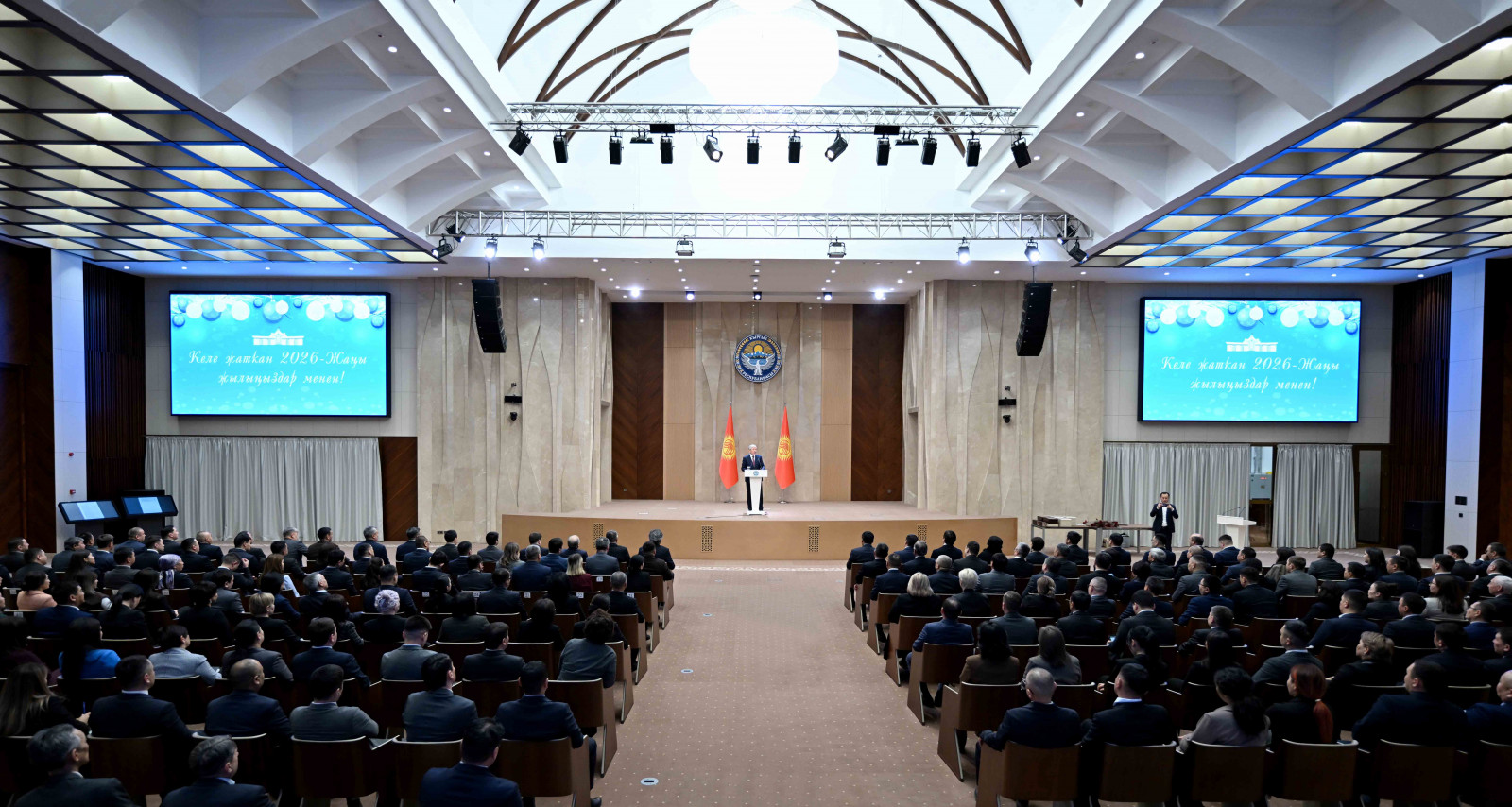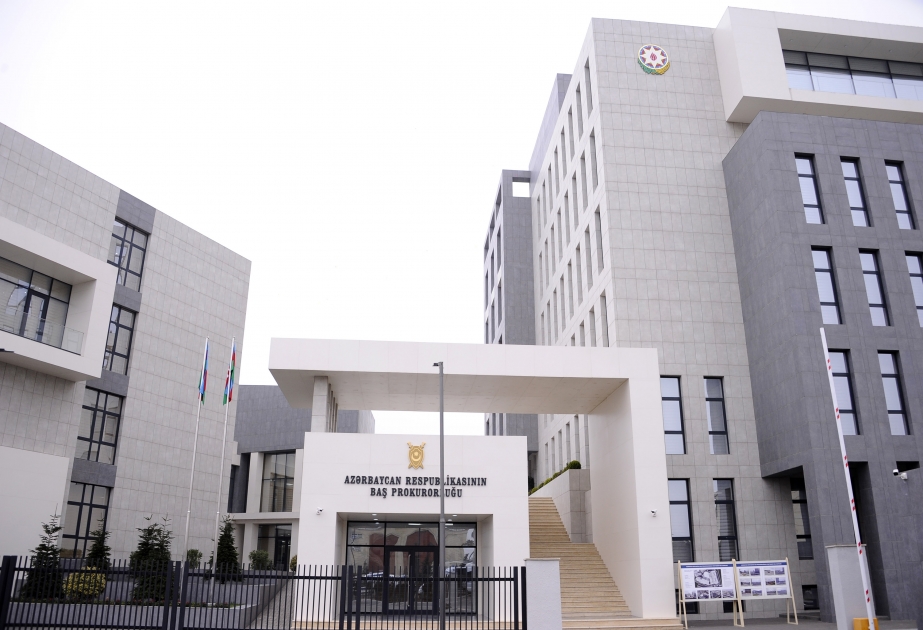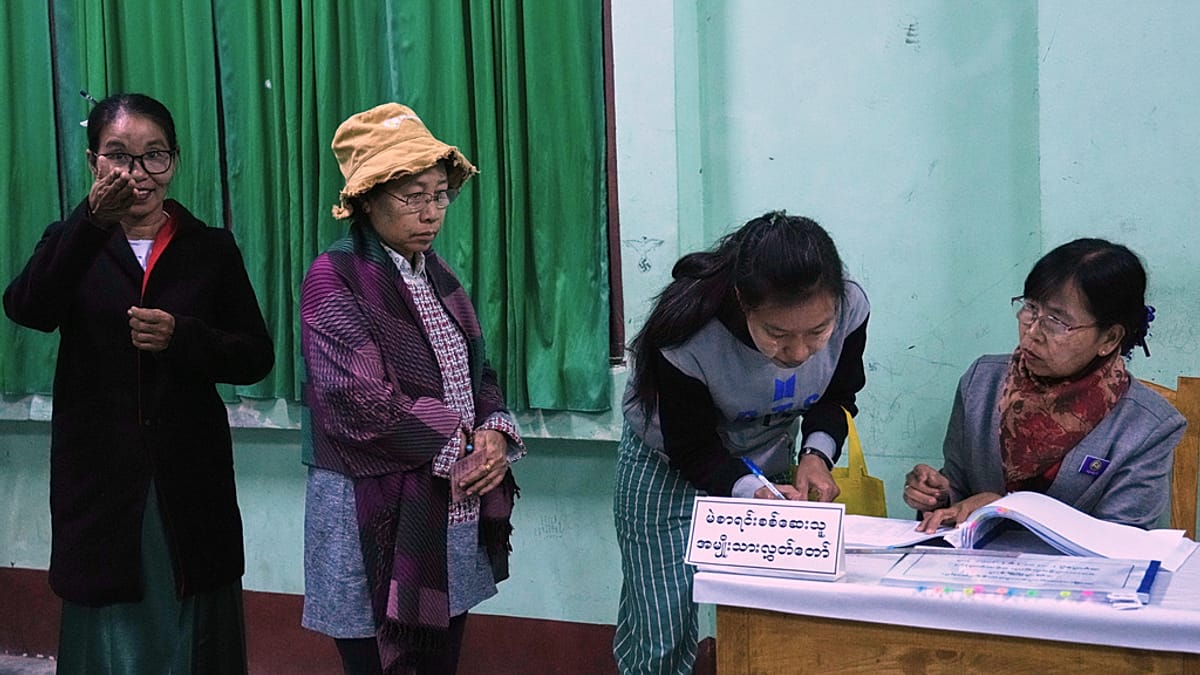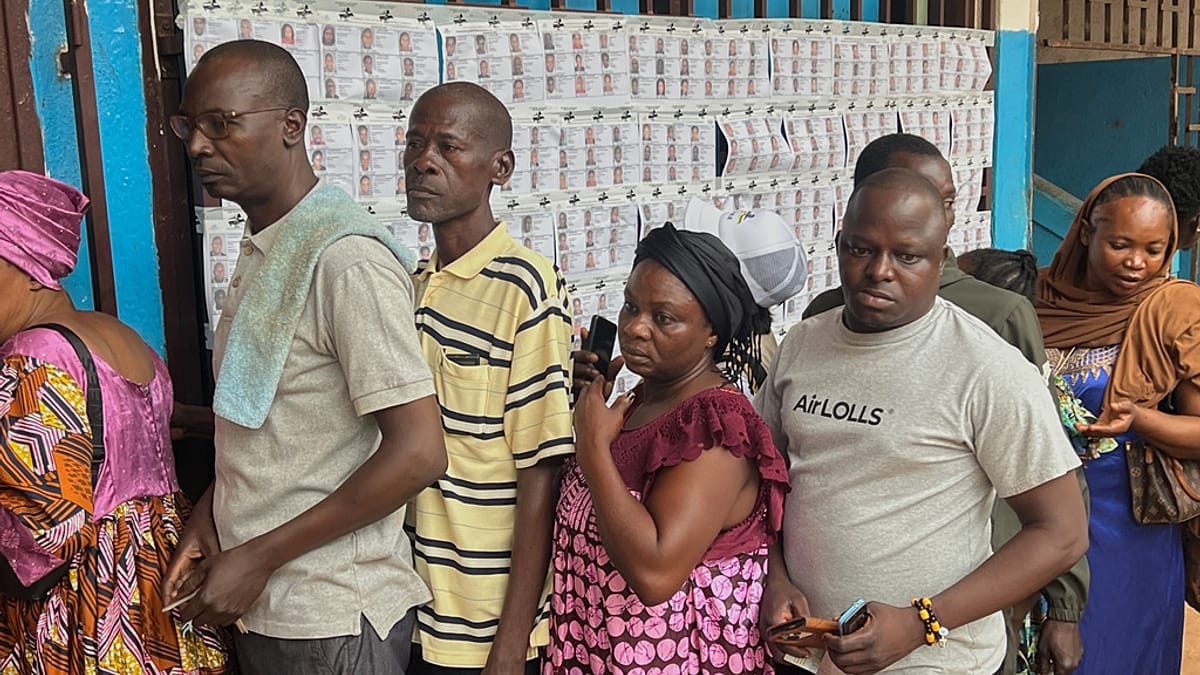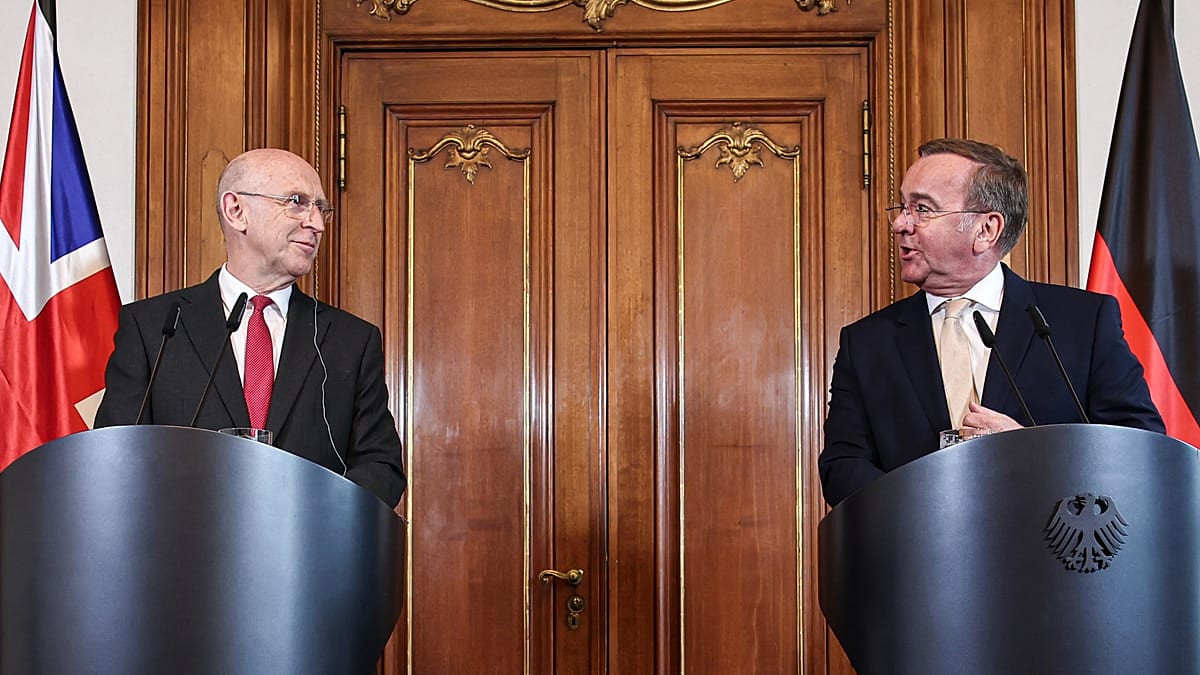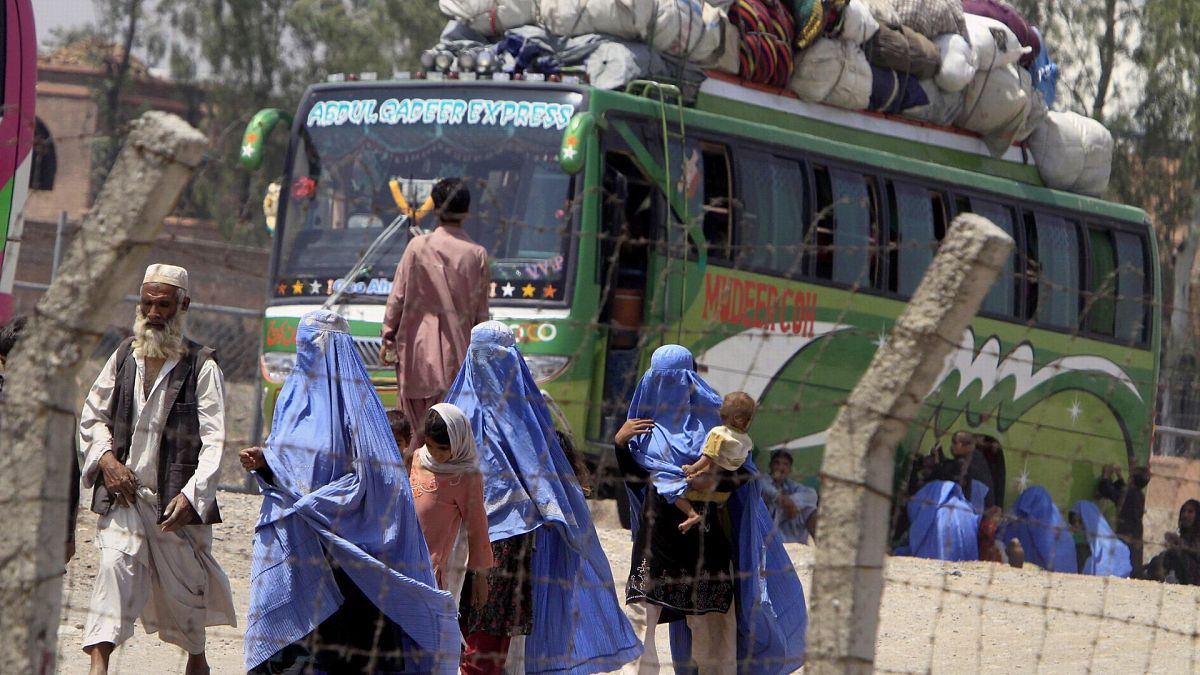Mosquito-borne diseases are on the rise, record cases of West Nile in Italy

BRUSSELS – Italy is the European country most affected by the West Nile virus, with 274 confirmed cases since the beginning of the season: over 80% of the 335 infections recorded overall in eight EU countries. The data is provided by the ECDC, the European Centre for Disease Prevention and Control, which also reports a total of 19 deaths. Experts warn that infections are expected to increase in the coming weeks, with a peak anticipated between the end of August and September. For the first time, the virus has also been detected in the provinces of Latina and Frosinone, a sign of its spread to new areas of the Peninsula.
Worldwide, mosquito-borne diseases cause over 1 million deaths and infect up to 700 million people each year, nearly one in ten. 2024 has been the worst year ever for dengue, with over 14 million cases and nearly 12,000 deaths related to the disease, according to data released today by the World Mosquito Program on the occasion of World Mosquito Day, to draw attention to the risks of diseases transmitted by these insects and the ongoing efforts to combat them.
Returning to the ECDC data, Europe recorded the highest number of West Nile cases in three years in 2025. After Italy, the most affected countries are Greece (35 cases), Serbia (9), France (7), Romania (6), Hungary (2), Bulgaria (1), and Spain (1). This tally confirms the growing health emergency related to mosquitoes, while climate change – with longer summers and milder winters – is favoring more intense and prolonged transmission seasons.
The European epidemiological map also shows a surge in Chikungunya: 27 outbreaks in 2025, with 111 infections in France and 7 in Italy. “Europe is entering a new phase, where the transmission of mosquito-borne diseases becomes the norm,” warned the director of the ECDC, Pamela Rendi-Wagner, presenting new guidelines to strengthen surveillance and vector control. The Agency urges citizens and health authorities to intensify prevention measures, especially to protect children, the elderly, and vulnerable individuals: from the use of repellents to wearing protective clothing, and even mosquito nets. There are no vaccines available for humans for West Nile, while new immunizations for Chikungunya are under development.
As for the World Mosquito Program, “dengue fever is the most widespread mosquito-borne disease in the world – explained Greg Devine, senior director of entomology – and cases are steadily increasing, driven by climate change, globalization, and exposure to new serotypes.” In the face of this planetary emergency, sustainable solutions are being sought. Among the most promising is the Wolbachia method, which involves the release of mosquitoes infected with a natural bacterium capable of reducing the ability to transmit viruses such as dengue, Zika, chikungunya, and yellow fever. A safe intervention, according to the WMP, already tested in 14 countries to protect nearly 13.5 million people. (AUGUST 20)
